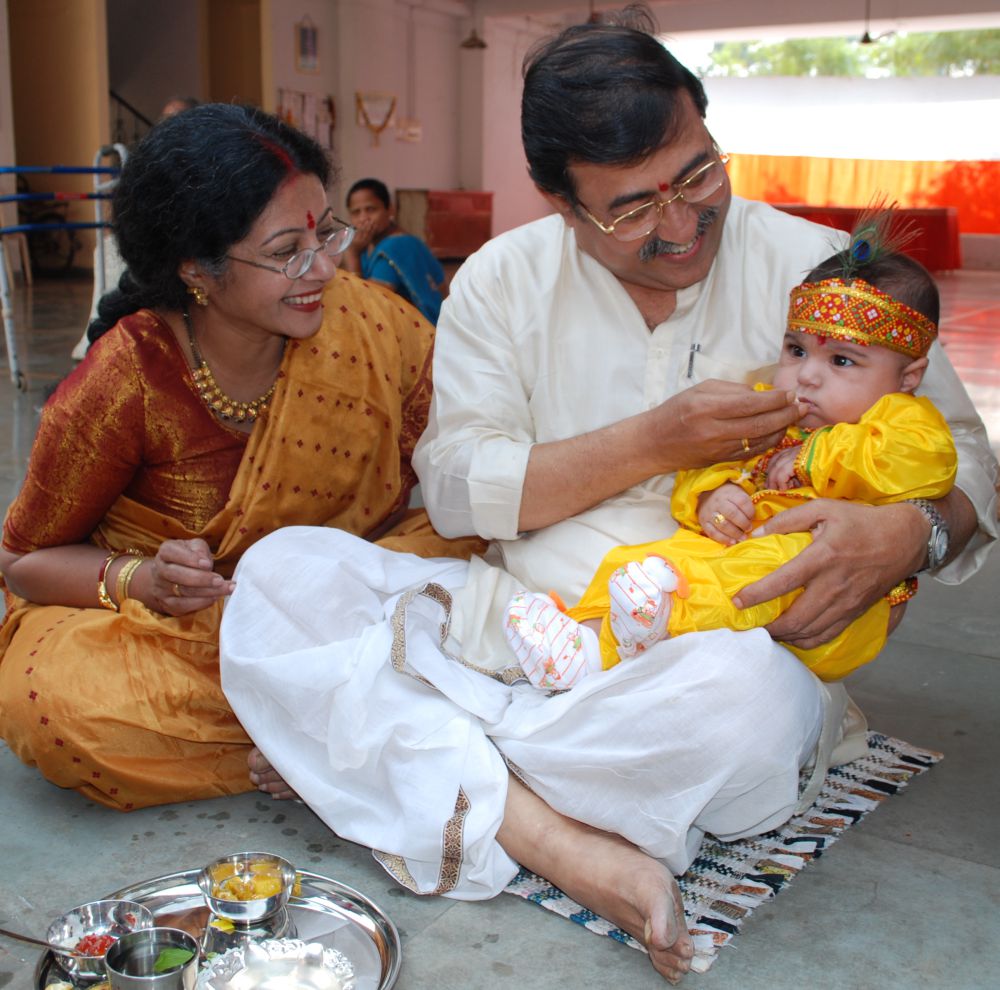
Baby Food for Thought

If you want your baby to love broccoli, you better love it, too, because that tiny human is watching you to learn which foods are good and bad. That’s one of the takeaways in a new paper by a UC Santa Barbara researcher who investigated the way infants reason in socially smart ways about food.
“A main finding from this research is that babies learning about food is fundamentally social. When they see someone eat a food, they can use the person’s reaction to the food to learn about the food itself, such as whether it is edible, and also to learn about the people who are eating the food,” said Zoe Liberman, an assistant professor in UCSB’s Department of Psychological and Brain Sciences. Past studies, she noted, suggested that babies weren’t especially smart thinkers when it came to food. As any parent will tell you, they’ll put just about anything in their mouths, even if it’s poisonous.
But infants’ thinking about food, Liberman said, is more much more sophisticated than we’ve given them credit for. In addition to learning about whether foods are generally good vs. bad, which is a skill humans share with other animals (including chimpanzees and rats), babies’ expectations about food preferences, she explained, are fundamentally social. Babies understand that what someone eats can provide information about that person’s social group. “Babies don’t just learn that a food is good, they learn that a specific kind of people like that food. For example, we found that if infants see an English-speaker like a food, they expect other English-speakers to agree, but don’t necessarily think somebody who speaks a different language, like Spanish, will agree.”
Liberman, who conducted her research at the University of Chicago, said these early food choices serve as a kind of introduction into cultural identity and social relationships. “Eating is a very social activity,” she said. “There’s a great quote attributed to Epicurus. He says, ‘We should look for someone to eat and drink with before looking for something to eat and drink, for dining alone is leading the life of a lion or wolf.’ His point still rings clear today: It’s not only about what you’re eating, it’s about who you’re with, and how the people you eat with might influence your food choices.” Infants seem to already understand that the foods a person chooses to eat can provide important information about that person’s social identity.
Liberman also found that social reasoning about food is flexible. Whereas infants growing up in monolingual environments refrained from generalizing food preferences across people who spoke different languages, infants who grew up in multilingual families continued to generalize food preferences even across people who spoke different languages. That suggests, she noted, “even though infants think about food as intimately connected to social relationships and social groups, the exact information that each baby uses to decide whether people are from the same social group may be different, based on their own social experiences.
“For instance,” she continued, “whereas monolingual babies might think people who speak different languages are fundamentally different types of people, who may then eat different foods, infants with multilingual exposure may regularly see social interactions between people who speak different languages, and therefore be more flexible in their expectations about who will share food preferences.”
The research might even provide some insight into why it’s so difficult to introduce “adult” foods to American children. Many cultures don’t have foods that are specifically made for kids. In these cultures, children eat what their parents eat. “Because eating is a culture experience, when everyone around a child eats the same food, and expects the child to join in, then the child is given the opportunity to learn how their culture prepare foods, and to learn rituals surrounding what people from their culture eat,” Liberman said. “These types of social dining experiences can certainly influence children’s own food preferences and willingness to try different foods.”
Liberman’s paper, co-authored by Amanda L. Woodward, Kathleen R. Sullivan and Katherine D. Kinzler of the University of Chicago, appears in the Proceedings of the National Academy of Sciences.



